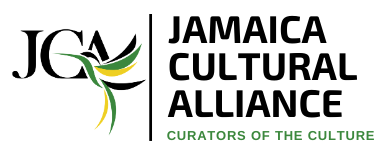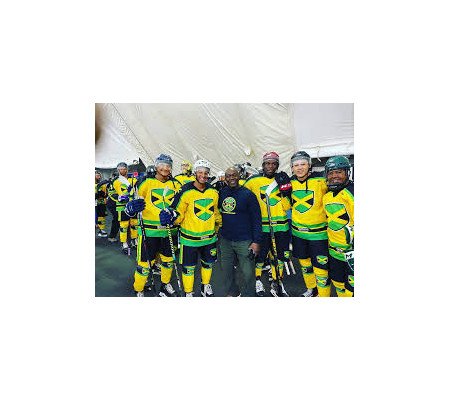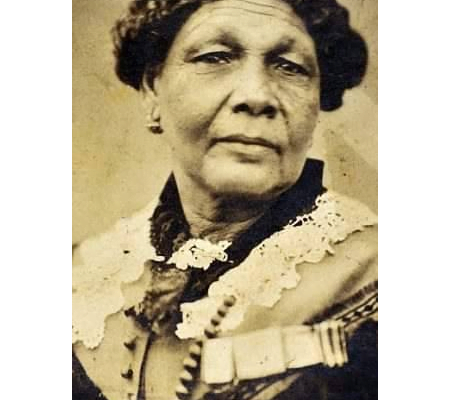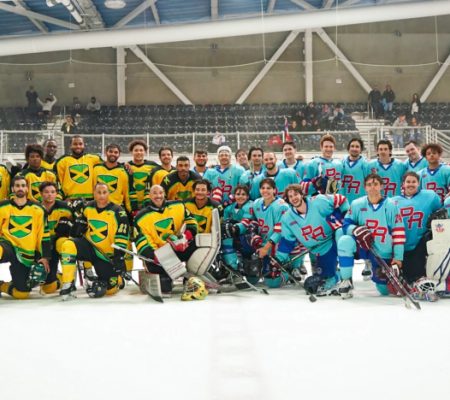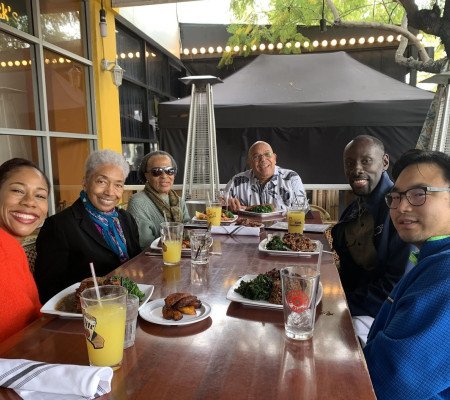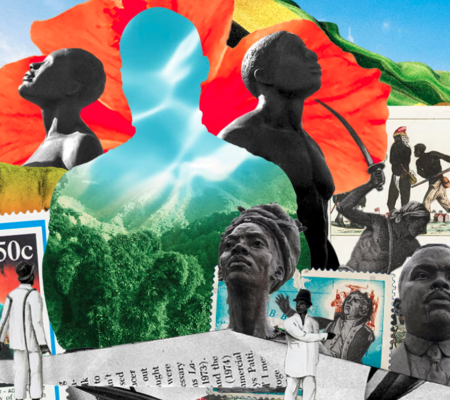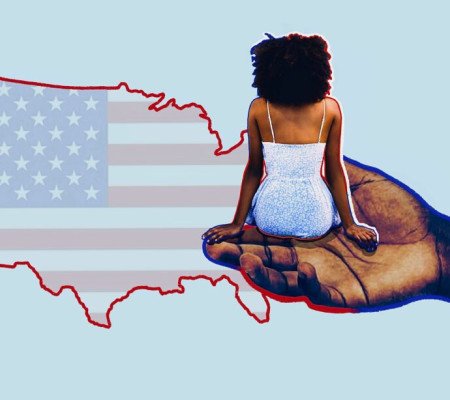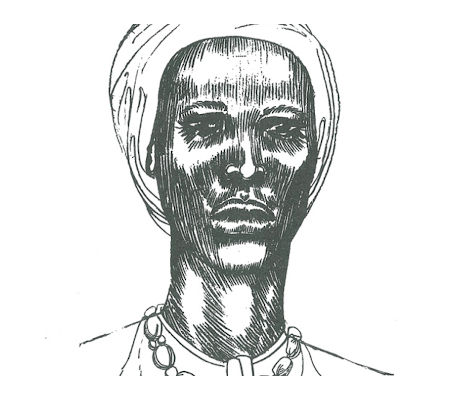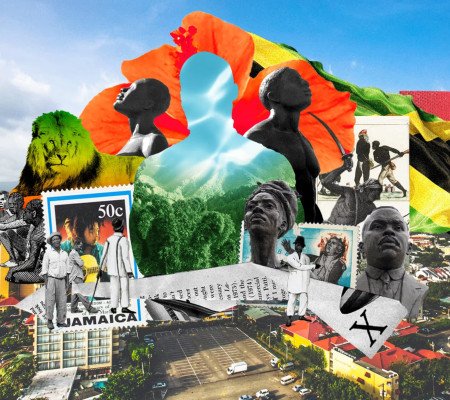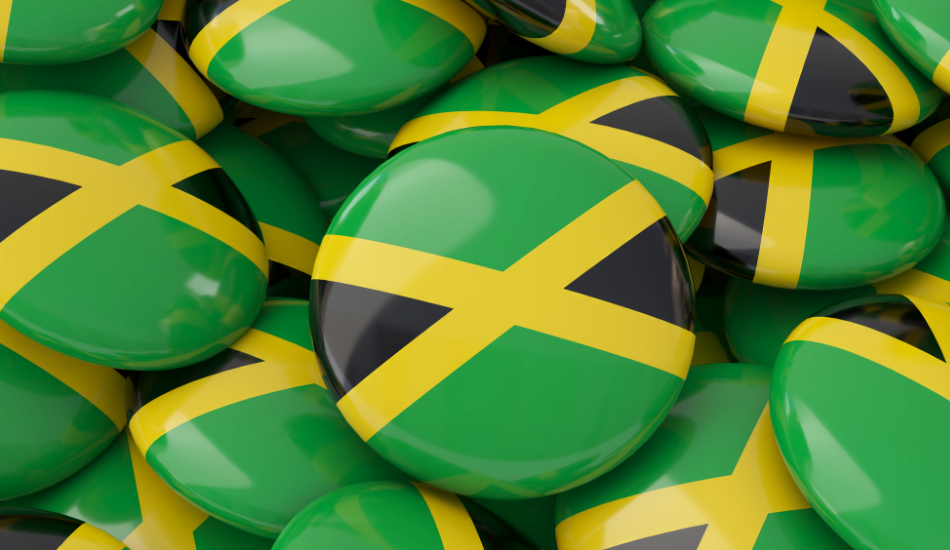
What is the purpose of a Cultural Alliance – why do we need such an entity? In this article I seek to explore what my cultural roots have meant to me, as a person, as a Professional Educator and as a member of a community. I also want to express appreciation to Dorothy McLeod and the Jamaica Cultural Alliance for working so hard over many years to encourage us as Jamaican descendants and to provide us with a vehicle that helps us to stay true to our roots as we know them, and to become more aware of the many dimensions of those roots. While I speak specifically of my Caribbean roots in this article, I also want to stress the importance of culture, in general, to our sense of ourselves as complete human beings.
I was born in NYC in the 1940s. As a child, if you had asked me about my family background, I would have called myself a West Indian – thanks to Christopher Columbus’ ignorance! My father was born in Kingston, Jamaica, my mother in Santiago de Cuba – she also was of Jamaican heritage, as her mom was born in St. Elizabeth. The Cuban-Jamaican community in the eastern Cuban province of Oriente is huge. You know how we Jamaicans follow the work – well in the early 1900s that American base in Guantanamo was a powerful magnet for those who could speak English. That was where my parents met.
Although, I was born in America, I grew up surrounded by people who practiced the customs of these native islands with pride and joy. My earliest memories are of a brownstone rooming house in Harlem where my parents welcomed a revolving group of Jamaicans and Cubans – people who knew that Oscar and Mae would never turn anyone away who needed a place to stay until they could get on their feet. (I used to think that everyone in both islands must have known my parents or someone who knew them, because there were lots them at my house!)
I consider myself fortunate to have enjoyed the company of so many wonderful souls straight from the islands – with their boundless hopes, their resourcefulness, their willingness to try any form of work, endure any hardship and appreciate the slightest help to get started in their new lives. I often reminisce about all I learned from my parents, their friends and family about hard work and determination, and about courage, just from being in their midst.
The language of my childhood makes me smile. There was the Patois – with its own special wisdom: Chicken merry, hawk dey near; day longa dan rope, Missis; yu kyan tek one finga an cubba de whol sky; is bak awall people dem, y know”! Then there was the Spanish – the Afro-Cuban Spanish, which, like Jamaican Patois, has its own unique cadence and African flair. In my home, we ate Caribbean foods: the roots, the bacalao – or saltfish and ackees, the plantain and dumplins – and the eternal pot of rice and peas – made with coconut milk of course – that was always on the stove on Sunday – and, to please my father – had to last all week until the next pot was cooked!
Perhaps because he was an orphan, raised in Alpha Boys School, my father thought family history and heritage were extremely important. Some of you may know of Alpha, which produced many of Jamaica’s greatest musicians – (my father became a trumpet player there. He was taken to the orphanage at age 9, so he was old enough to have experienced family life, and the memory of it was very dear to him. He wanted his children to know all about Jamaica and about his family’s life there.
My father used every opportunity to teach us through stories about his people and the beliefs and values they held, their foods, their music, their customs. He taught us about a hill called John Austen near the town of Penance in Clarendon. We knew his grandmother’s parents had been slaves, that her people had come from Ghana and that the hillside, the land she had been given, was part of a huge plantation. We knew that she had learned to read and had built a school on John Austen for all the children in the area to attend. She taught her oldest son to read and he was able to work his way up to the position of Foreman in the Machado Cigar Factory in Kingston.
We learned so much about my father’s life in Jamaica that after he had passed away, we held a family reunion in John Austen in 1996 and were able to visit Alpha and all the places important in his childhood. We even found the steps of the schoolhouse up on the hillside, although the building had been destroyed by a hurricane.
I mention these memories to you because I believe that I have led somewhat of a charmed life – no matter what hardships or crises I have faced in life, my anchor – the way in which I center myself in this world – is through a deep sense of who I am, rooted in my understanding of my heritage and the value system it has afforded me. Whenever I face any difficulty, I am able to return to that center – I feel the love and the force of my ancestors – and that sustains me. I see this as the Power of knowing and embracing one’s cultural heritage.
As a teacher, here in Southern California, my eyes have been opened to the fact that, what has been true for me, is also important in the educational life of all our children. In the Los Angeles School District we serve over 75 different cultural and linguistic groups. I have found that there can be a serious disconnect between the individuals providing education and those receiving it. It takes an educator who can recognize and value the strengths children bring to school from their family backgrounds and communities to help all our children achieve. So, a crucial aspect of Staff Development for our Professional Educators has been training in the area of cultural proficiency and responsiveness. Teachers who use culturally relevant strategies and can connect with a child’s experiences are finding success where others have failed.
I truly believe that respecting and valuing other cultures begins with understanding and valuing the role of culture in one’s own life. My experience with Jamaican Patois and Afro-Cuban Spanish made cultural responsiveness accessible to me as an educational premise. I remember so well my family members’ ability to slide back and forth between formal Spanish and English and our home languages. I smile when I think of being called ununu instead of “you all” and piqney rather than child – or hearing “nyam an go way” – and understanding very well that it meant to eat and leave, or being asked, “is whe you a go nuh?” and knowing I should explain where I was going. It has become clear to me that all of these linguistic patterns, Jamaican patois, Afro-Cuban Spanish and AA home language, these all result from our rich African heritage, the impact of slavery, and our resourcefulness in dealing with these circumstances for hundreds of years.
I want to end here by emphasizing again that I believe that culture and the history that produces it have a profoundly important influence on us as human beings – it can be a center of strength that a person draws on in a very complex and ever-changing outer landscape. I attribute so much of the richness and the rewards of my life – including a successful career, several educational degrees and accolades, a wonderful relationship and lots of fun with my husband, Lorenzo, who shares a great deal of that same background, and the experience of raising three amazing children of my own – to my family’s pride in their heritage.
The foundation on which I stand today is my recognition and embrace of my cultural heritage. As a proud descendant of Jamaica, I feel personally grateful to JCA in this regard.
Thank you, JCA, for reminding us always of our cultural heritage, and for sharing that heritage with the diverse community around us, thus enriching all our lives.
